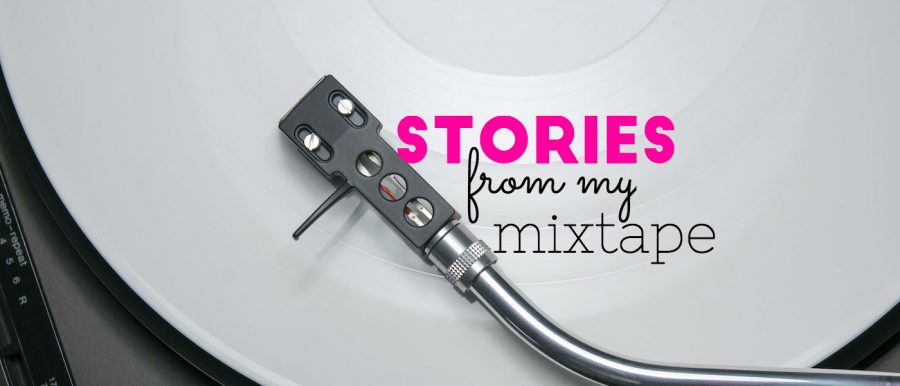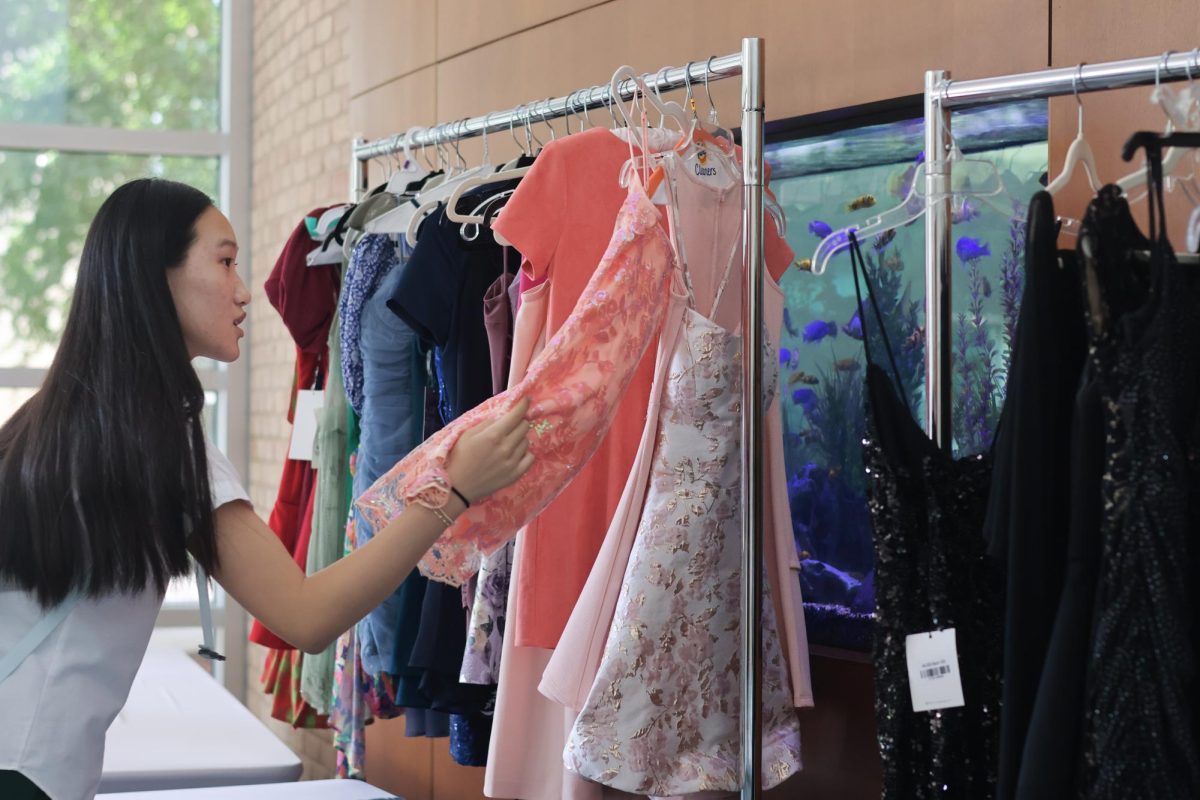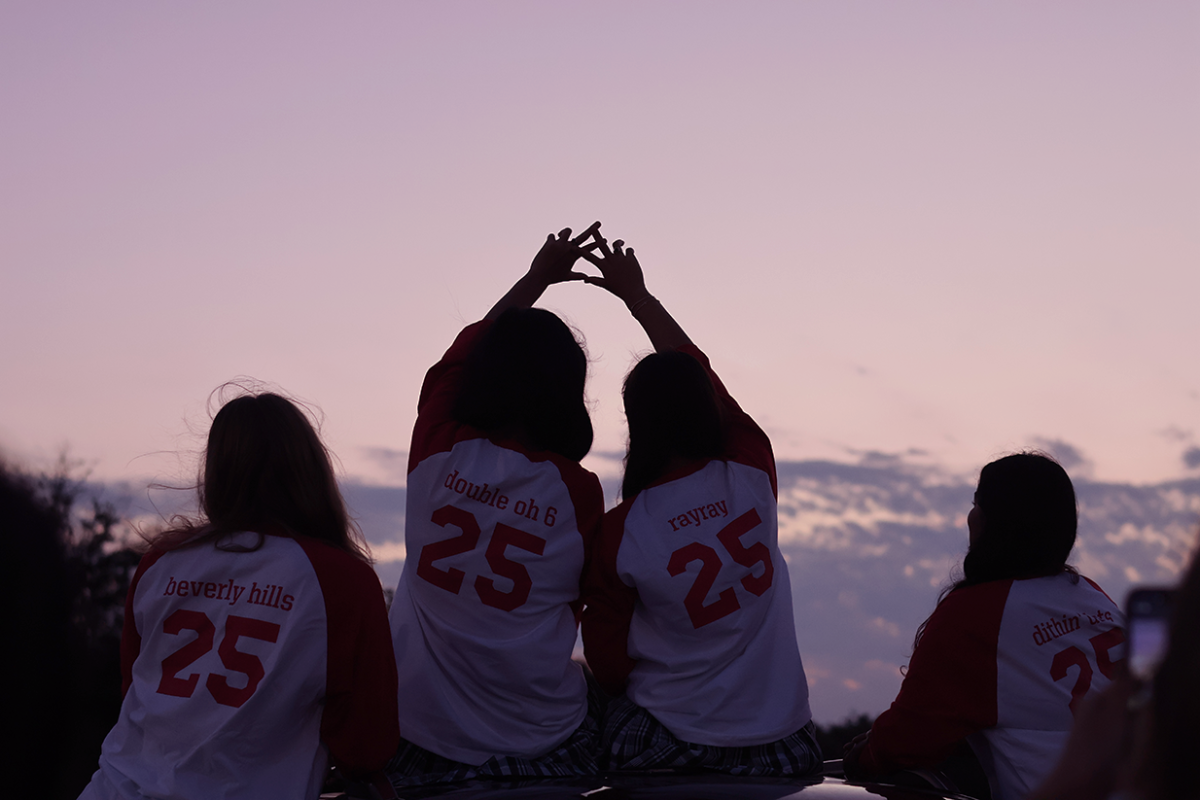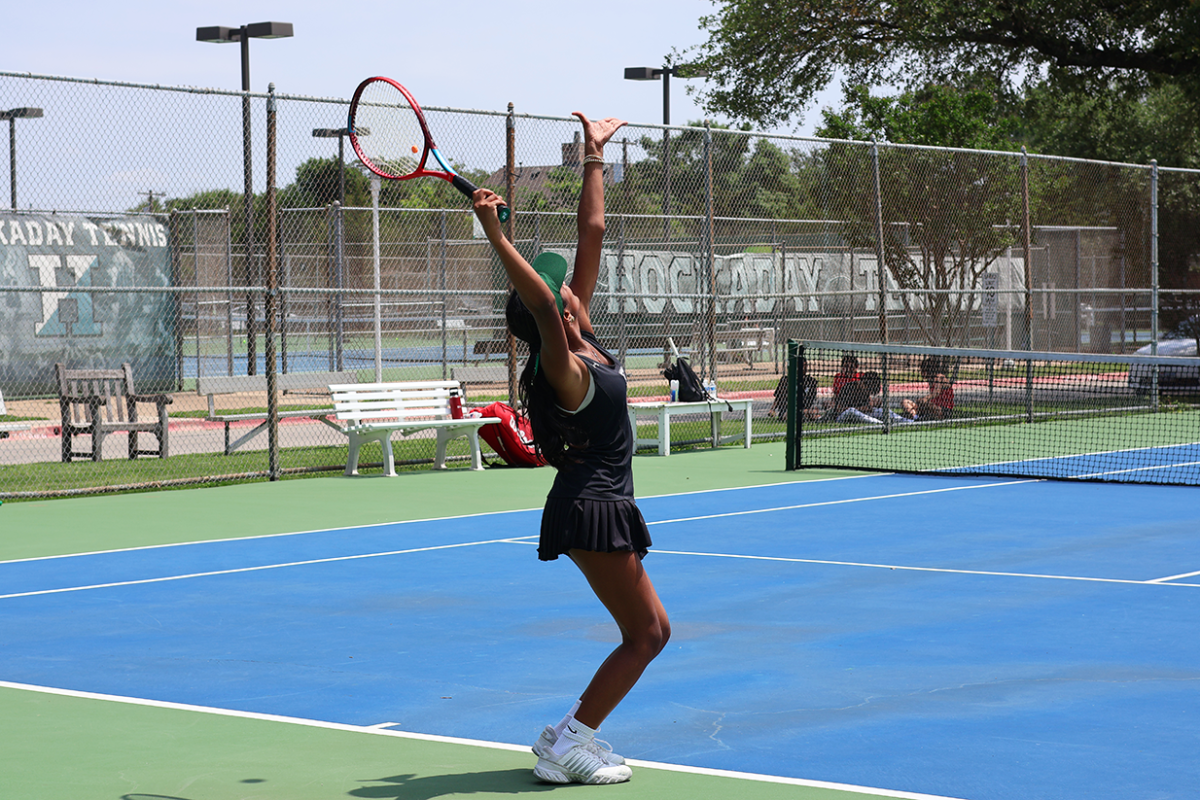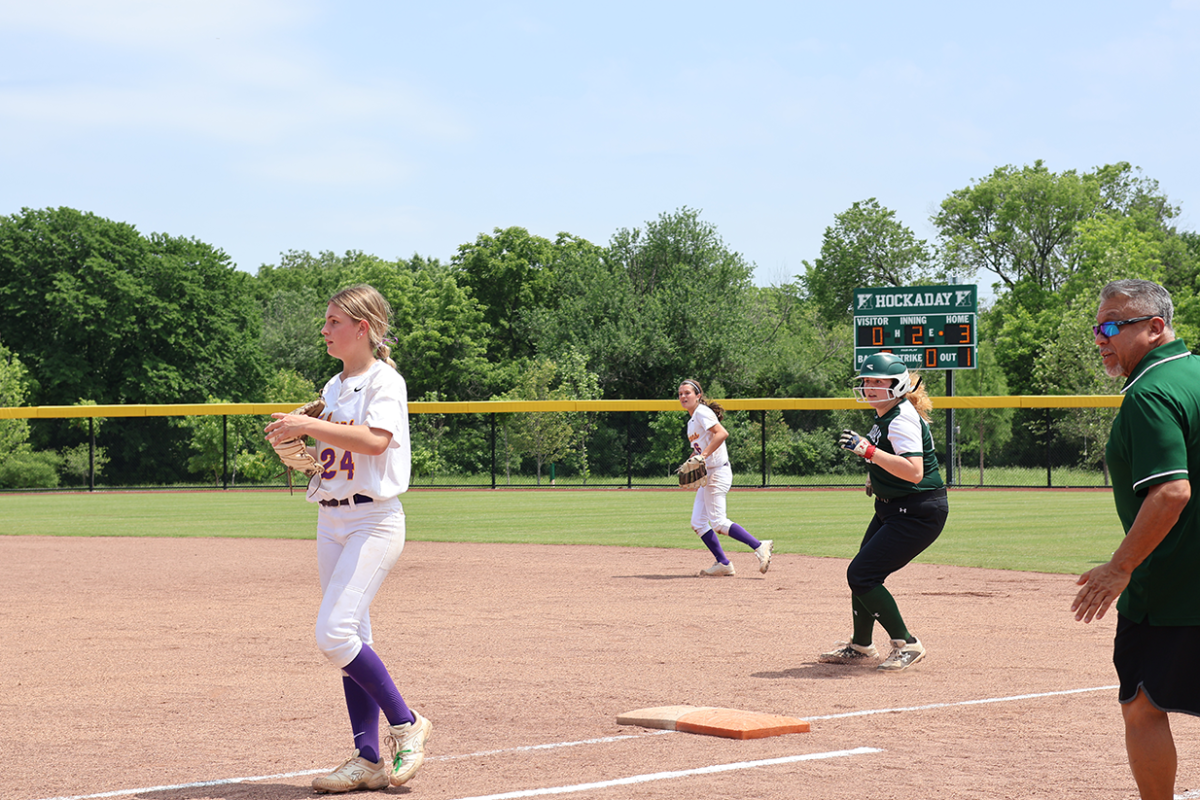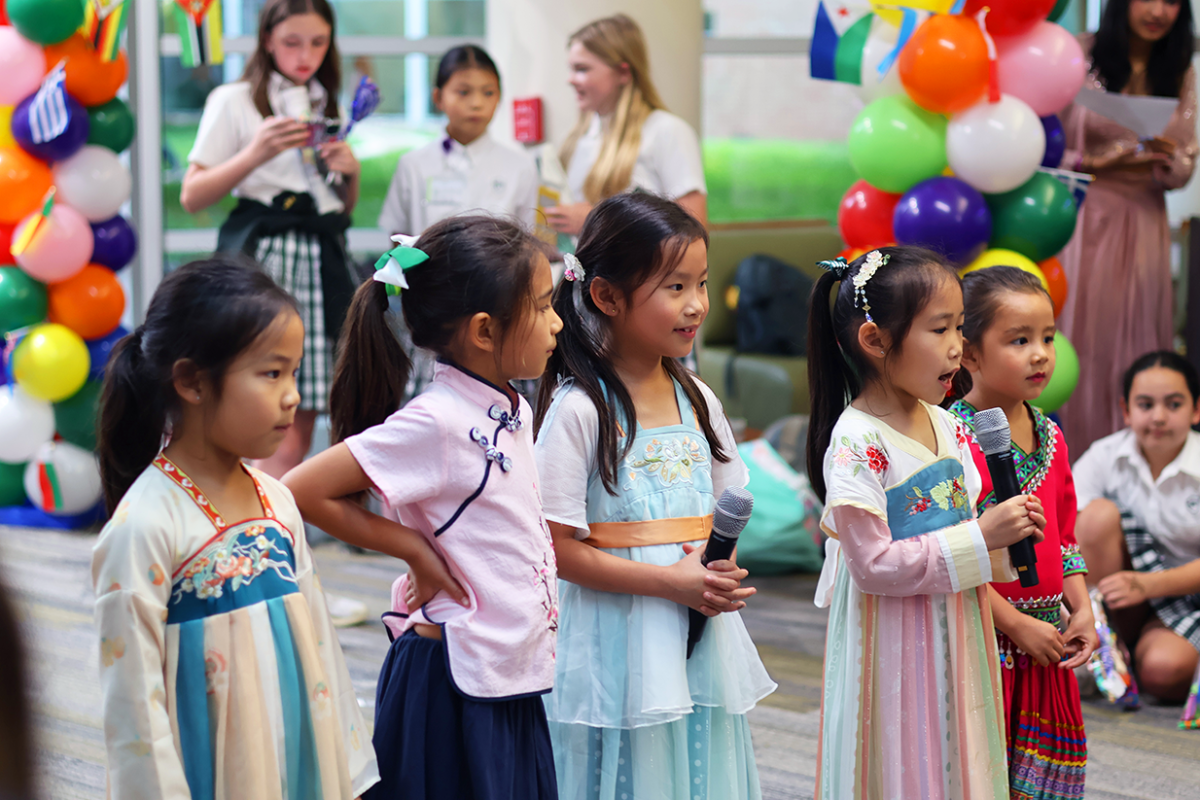Then I go to my brother
And I say, “Brother, help me please.”
But he winds up knockin’ me
Back down on my knees.
In a scene so horrifiyingly routine, a New York City police officer shot an unarmed black man, Akai Gurley, 28. In the following two minutes, the officer failed to provide any CPR, while Gurley’s girlfriend tried to resuscitate him instead.
Except, this rookie officer wasn’t white. Except, the bullet had ricocheted down a stairwell and wasn’t meant to hit Gurley. Except, the officer had scant CPR training in the first place, as testified by his colleague.
Listen to a 22-year-old American-born Chinese woman explain why she’s angry over the #PeterLiang conviction https://t.co/DQOTnBSJpC
— Fusion (@ThisIsFusion) February 22, 2016
The rookie officer, Chinese-American Peter Liang, said he had searched for the bullet before finding Gurley, lying in blood. “I bent over, and it looked that he was seriously injured, his eyes…rolled back,” Liang said in his manslaughter trial on Monday, “I was in disbelief that someone was hit, I-” Turning to face the courtroom wall, Liang started to cry.
Liang became the first New York Police Department officer convicted in a line-of-duty shooting for over a decade on Feb. 11. This comes months after November, when a St. Louis grand jury did not indict the white officer Darren Wilson, who killed the unarmed black Michael Brown. Many Asian-Americans rallied to protest Liang’s conviction on Saturday, Feb. 20, while some black activists counter-protested by declaring Liang as a murdering officer who needed to put away, no matter the race.
In New York, thousands protest Officer Peter Liang’s manslaughter conviction https://t.co/X04nQT3AWi pic.twitter.com/g3M1kBx3g7
— NYT Metro Desk (@NYTMetro) February 20, 2016
The case has brought up an interesting discussion in these gritty tensions bubbling under the cloak of protest. I’m surprised by the prevalent high-publicity writings by Asian-Americans in the media, many of which say the pro-Liang protests should stop and that they’re “embarrassing.”
I disagree. Pro-Liang protesters aren’t saying that Liang should be let go without punishment. They’re calling for other officers to be convicted, along with Liang. They’re pointing out that Wilson and officer Daniel Pantaleo, another white officer who suffocated the unarmed African-American Eric Garner to death in New York last summer, roam free. Liang should be convicted in the final verdict, but hopefully not beyond what he deserves.
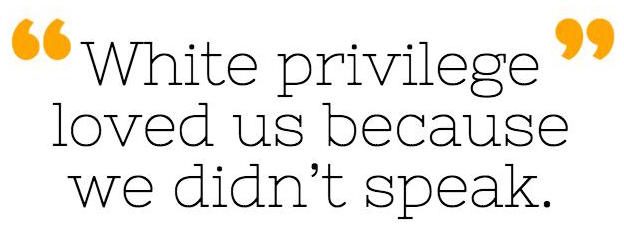 Like always, the solution isn’t all saccharine varnish. Adding on to the problem is that many Asian-Americans have generally been not-so-innocent bystanders in the recent Black Lives Matter protests, as some black activists have emphasized. This isn’t completely true – some Asian-Americans have supported the Black Lives Matter movement, but the problem is that it’s been too silent from the group as a whole.
Like always, the solution isn’t all saccharine varnish. Adding on to the problem is that many Asian-Americans have generally been not-so-innocent bystanders in the recent Black Lives Matter protests, as some black activists have emphasized. This isn’t completely true – some Asian-Americans have supported the Black Lives Matter movement, but the problem is that it’s been too silent from the group as a whole.
For many others, Asian-Americans have always represented the perfect, passive ideal of a minority group, earning the name “Model Minority.” We usually tolerate society’s clearly systematic discrimination, never buoyed to the fragile surface of important conversation. White privilege loved us because we didn’t speak. We didn’t protest when racism scribbled out its terrible roster of victims: Michael Brown, Tamir Rice, Eric Garner, Freddie Gray, Walter Scott, Sandra Bland, and on and on.
Perhaps it takes Liang to rally Asian-Americans to the larger cause of disassembling the systematic white bias of society, something that Black Lives Matter has long been tailgating but we’ve failed to do so until now. Only a direct hit of our own could drive us to use our long-latent voices and join other minorities with camaraderie. It’s selfish, but it’s something.

